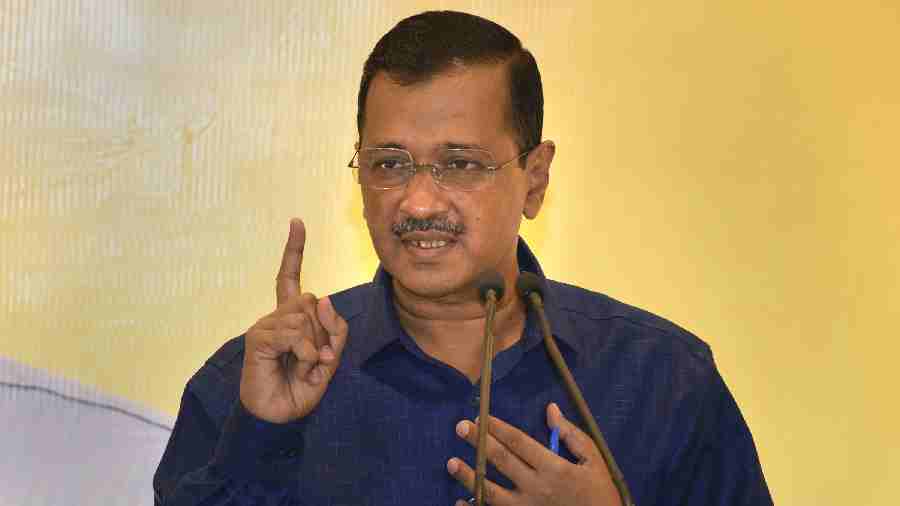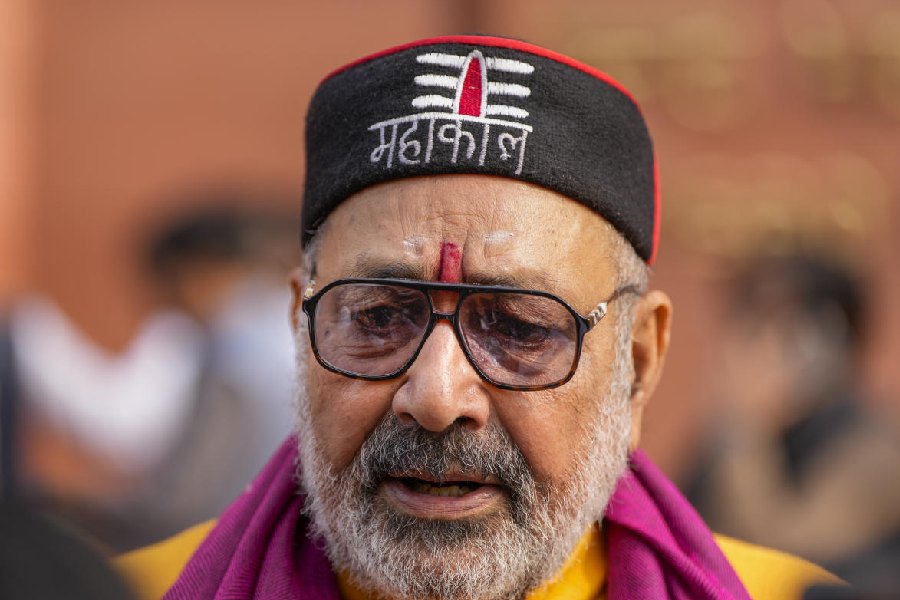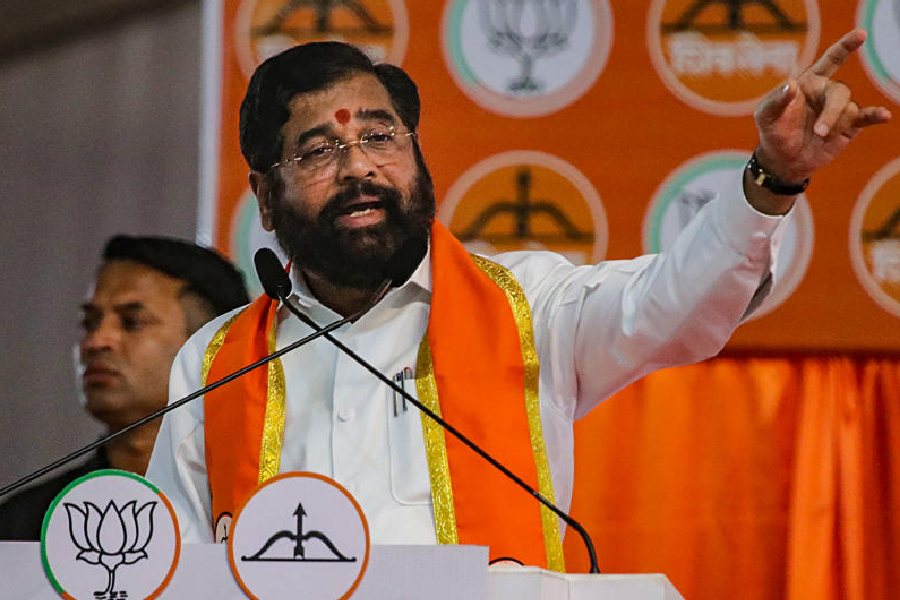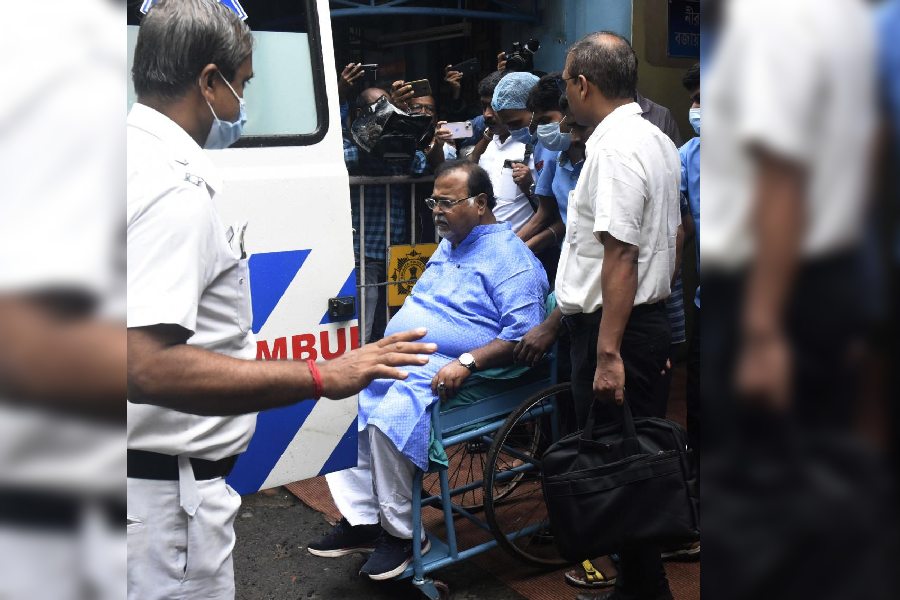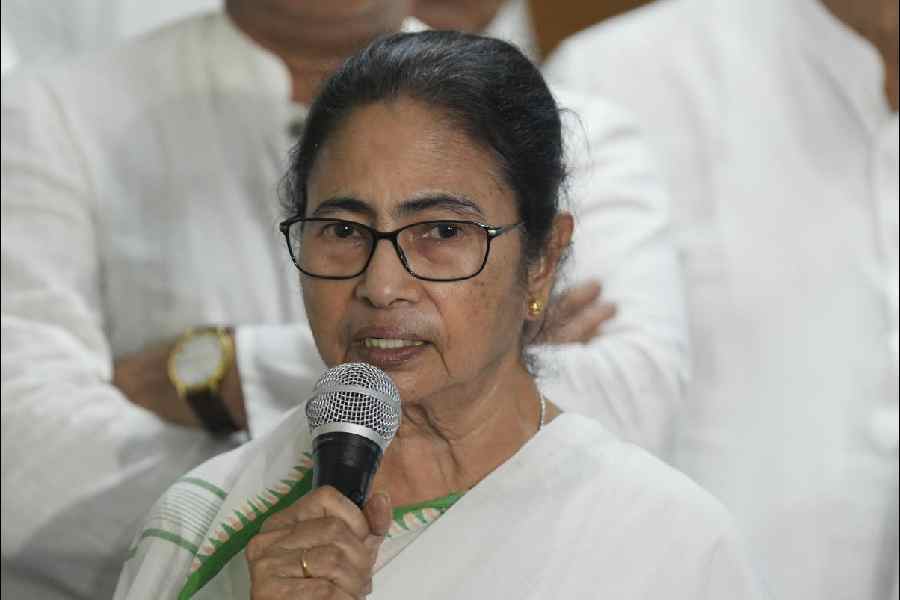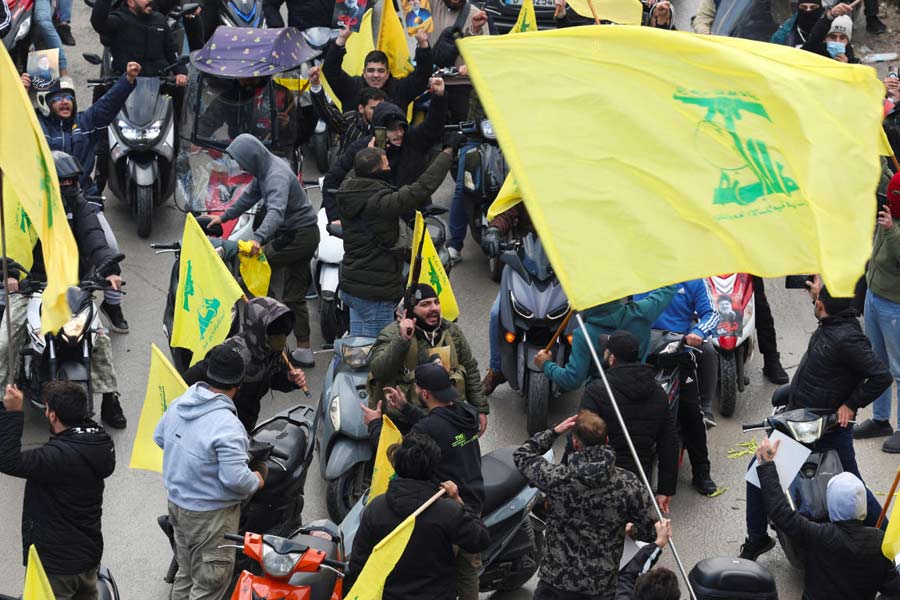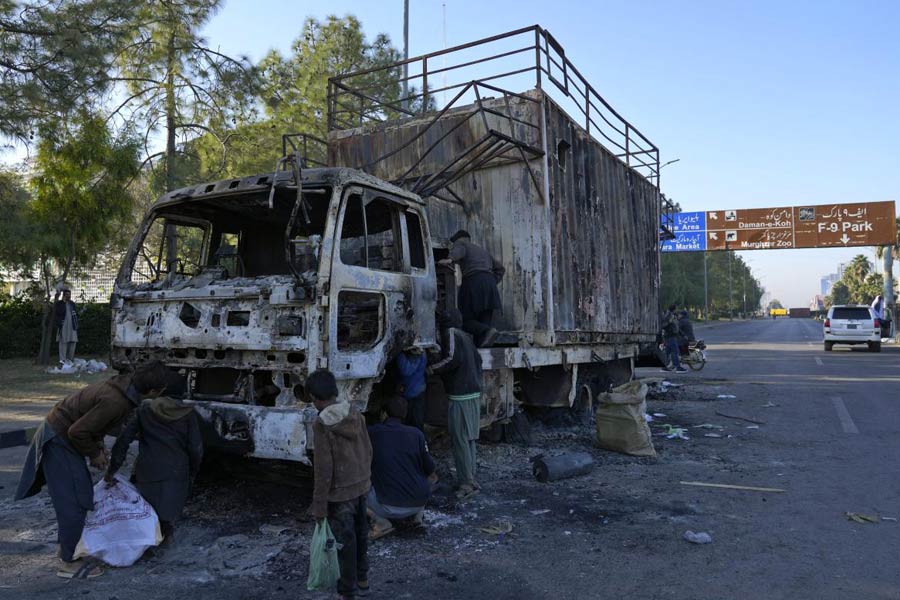Chief Minister Arvind Kejriwal on Thursday said the new Omicron sub-variant BF.7 of the coronavirus that is causing a surge in cases in many countries has not been detected in Delhi so far and added his government is fully geared up to tackle any eventuality.
Addressing a press conference, Kejriwal said the dominant sub-variant in Delhi is XBB that has been detected in 92 per cent of the samples till now. Kejriwal had convened a meeting at his residence on the Covid situation amid a surge in cases in many countries. At the moment, 2,500 tests are being conducted and these can be increased to one lakh if there is a surge in Covid cases. Assuring that the government is monitoring the situation, he said new variants have not been detected after sewage was tested at seven places in Delhi.
"Testing of sewage helps in getting to know whether any new virus has emerged. Sewage from seven places has been tested and there have been no indications on a new virus or variant till now," he told reporters.
The chief minister also asserted that they are self-sufficient in terms of oxygen availability and storage.
During the second Covid wave last year, Delhi had grappled with oxygen shortage with hospitals sending out SOS messages over depleting supplies over social media.
"We have sufficient oxygen availability. Earlier, we did not have storage facilities, but now we have oxygen storage capacity also," he added. "We have 8,000 beds ready for Covid patients. At the time its peak, we had readied 25,000 beds but the bed capacity can be increased to 36,000. "The government has also widened the scope of testing and those with SARS and breathing issues are being compulsorily tested using the RT-PCR method," he added.
He said only 24 per cent of the eligible population have taken the precaution dose and urged people to get the jab. The new variant BF.7 of the novel coronavirus, which is believed to be linked to the surge in Covid cases in some countries, has been detected in some parts of India. Asked whether there are plans to bring back the mask mandate, he said they are awaiting the Centre's directions on the matter.
He was also asked whether random sampling of passengers at airports will also be started. "The Centre will take a call and we will provide manpower and facilities for it," he said.
Amid a spurt in Covid cases in some parts of the world, Prime Minister Narendra Modi on Thursday cautioned against complacency and directed officials to strengthen the ongoing surveillance measures, especially at international airports.
His assertion came during a high-level meeting, which he chaired to assess the COVID-19 situation in the country, preparedness of health infrastructure and logistics, status of the vaccination campaign and the emergence of new variants and their public health implications.
Modi urged everyone to follow Covid-appropriate behaviour, including wearing masks in crowded public places, at all times, especially in view of the upcoming festive season, according to a statement issued by the Prime Minister's Office (PMO).
The number of daily cases in Delhi has been on the decline after touching the record high of 28,867 on January 13.
The city had recorded a positivity rate of 30.6 per cent on January 14, the highest during the wave of the pandemic triggered by the Omicron variant.
BF.7 has already been detected in several other countries, including the US, the UK and European nations such as Belgium, Germany, France and Denmark.
However, experts said BF.7 should not worry India too much as lot of people have developed immunity against the virus, either through vaccination or previous infection, unlike China where people have low immunity against Covid due to tough restrictions. "The government is proactive and its directions are scientific. One should be cautious considering the spurt in cases in several countries but any new variant of Omicron is unlikely to cause any big trouble in India," Dr Jugal Kishore, the head of the community medicine department at Safdarjung Hospital, said.

